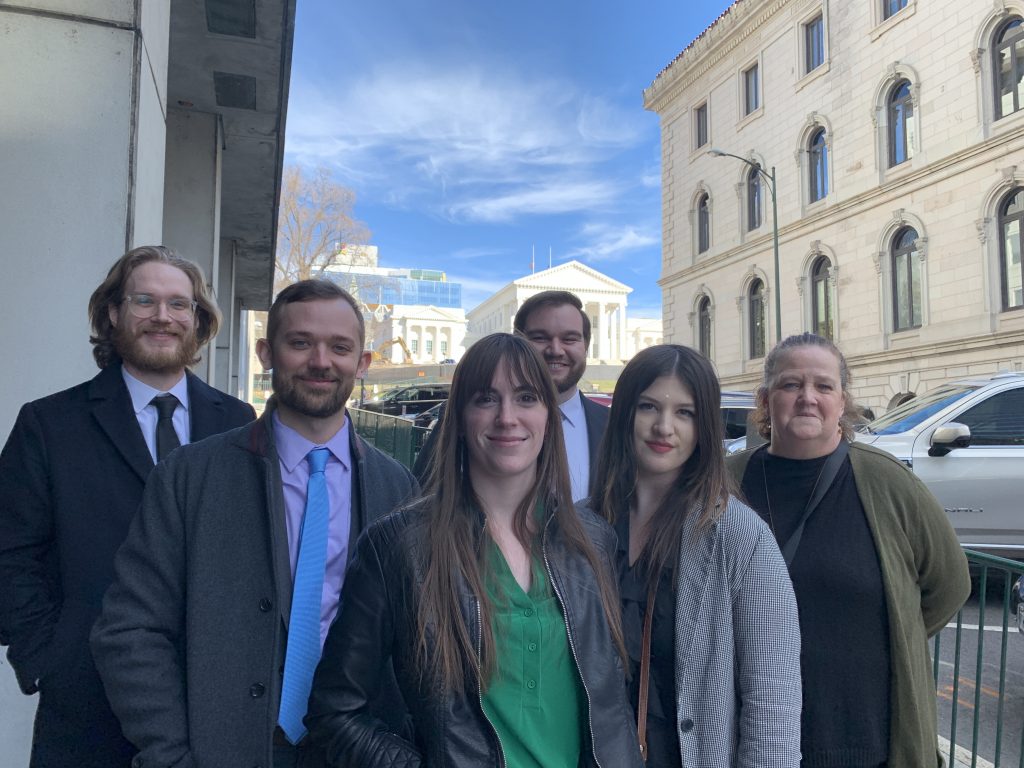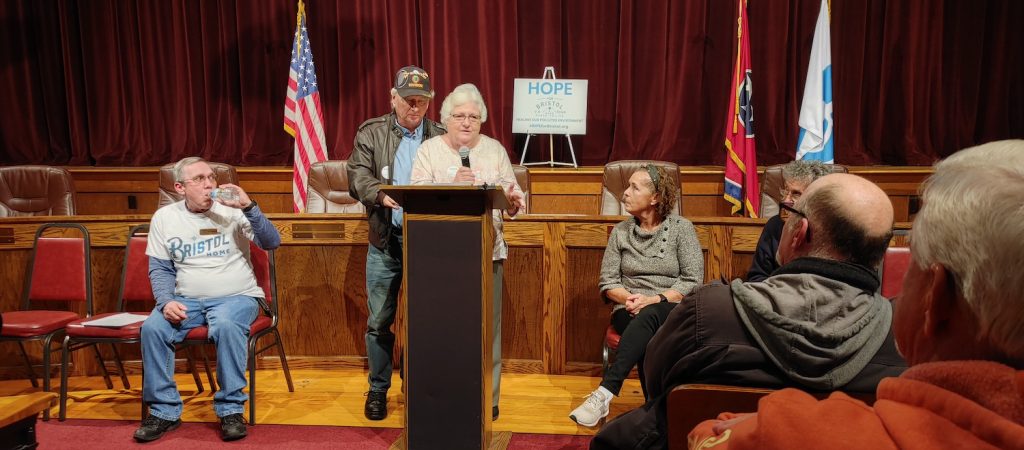Cleaning Up Coal Ash
For well over a century, power plants across the country have burned coal to generate electricity. And for just as long, leftover coal ash has been dumped in open, unlined pits near the power plant, usually located on a river or lake. Every year, U.S. power plants produce 130 million tons of coal ash, which is the second largest waste stream in the country after municipal garbage.
Coal ash concentrates the toxic heavy metals found in coal, including arsenic, mercury, lead and selenium. Stored in unlined, wet impoundments, coal ash has been leaking these toxics into our groundwater and surface waters for years. Sometimes these impoundments collapse — with disastrous results.
Yet government regulations for coal ash management are either non-existent or sparse, and there is little enforcement of the regulations that do exist. In North Carolina, this lack of oversight — and the complicity between state regulators, elected officials and Duke Energy — came to a boiling point in February 2014 when one of Duke’s coal ash impoundments spilled 39 million tons of ash into the Dan River.
Citizens living near North Carolina’s 33 coal ash impoundments — all of which have leaked — have fought for transparency from Duke and the state, and for cleanup of the pollution that threatens their property value, health and family. Their actions forced this issue into the headlines of news networks and to the forefront of environmental justice conversations in the United States.
Appalachian Voices stood with these communities as we worked for years to compel Duke Energy and the N.C. Department of Environmental Quality to excavate coal ash from all the North Carolina sites and dispose of it either in lined, dry landfills, away from waterways, or by recycling it for concrete or other uses, provided it’s done in a manner that protects public health and the environment.
On Jan. 2, 2020, North Carolina announced a historic settlement with one of the state’s most powerful corporations and polluters, Duke Energy. The settlement requires Duke to move nearly 80 million tons of toxic coal ash at six of its power plants to properly lined landfills onsite or recycle it.

Learn information about specific coal ash impoundments in the South, including health threats and safety ratings:
Additional Resources
Fact sheets, videos, links to academic research, and more
Sign Up to Act
Help us protect the health of our communities and waterways.
Latest News
Mountain Valley Pipeline: Risky, ruinous and roadblocked
Nine years after the Mountain Valley Pipeline project was announced, it remains unnecessary and dangerous to the communities, water resources, lands and habitats through which it is routed.
Appalachian Voices urges Congress to pass Biden’s proposed investments in Appalachian coalfields
Today, President Joe Biden released his Fiscal Year 2024 budget to fund government programs through September 2024. The budget proposal includes crucial investments in programs to boost economic growth in the coalfields, ensure coal mine reclamation and protect miners from black lung disease.
Senators from Appalachian states request a federal study of whether black lung benefits are adequate
A study by the Government Accountability Office looking at the adequacy of current black lung benefits for miners and their families requested by U.S. senators should bolster ongoing efforts to improve those benefits.
Wins and losses in the 2023 Virginia General Assembly session
Even with the short session, Appalachian Voices’ capitol team had a lot to keep track of, with a number of bills we were hoping to convince legislators to support — and quite a few we were hoping to convince them to vote down.
Statement from Appalachian Voices on U.S. Fish and Wildlife biological opinion for Mountain Valley Pipeline
Today, for the third time, the U.S. Fish and Wildlife Service issued a Biological Opinion and Incidental Take Statement for the Mountain Valley Pipeline, one of several authorizations necessary under federal law to allow construction of the project.
Landfill Remediation Raises New Concerns
As remediation of the troubled Bristol landfill begins, community advocates are petitioning for an alert system, increased air quality monitoring and relief measures for residents who experience strong airborne pollution at home.











